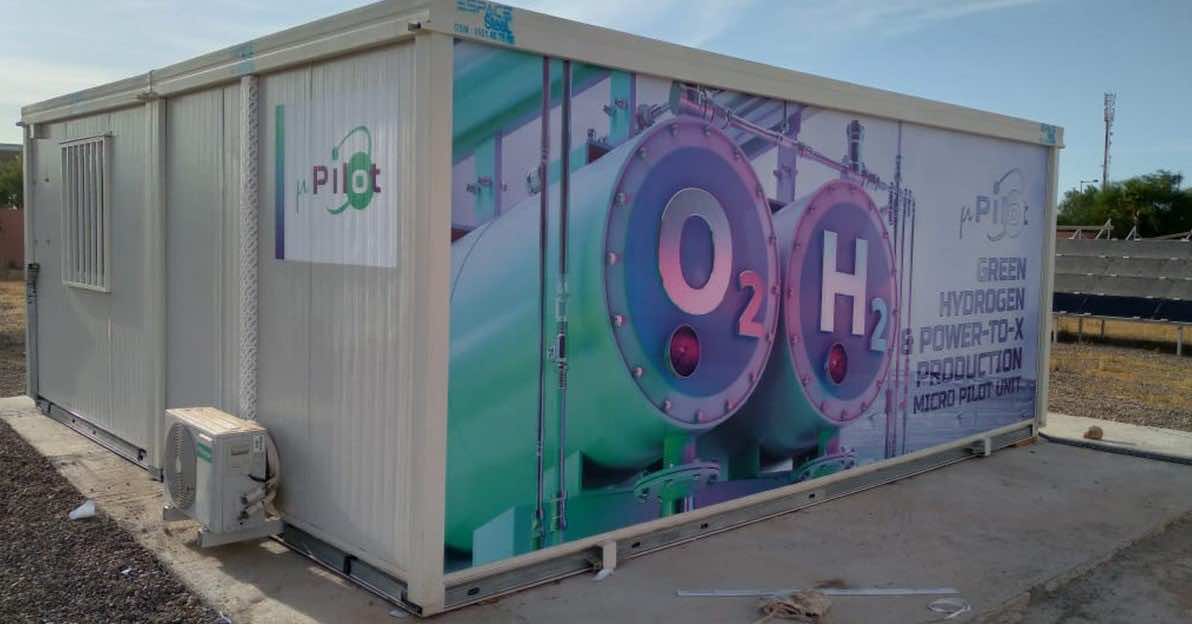Morocco is gearing up for a major technological leap with the official launch of its 5G network scheduled for November 2025. This milestone aligns strategically with the country’s hosting of the African Cup of Nations (AFCON) 2025 and is a key component of the Digital Morocco 2030 vision, aimed at transforming the nation into a regional digital hub.
Why the 5G Launch Matters for Morocco
The introduction of 5G technology is set to revolutionize Morocco’s digital landscape. With faster internet speeds, lower latency, and enhanced connectivity, 5G will empower industries, improve public services, and enhance the fan experience during AFCON 2025. The rollout is also a stepping stone for Morocco’s preparations to co-host the 2030 FIFA World Cup alongside Spain and Portugal.
According to reports from L’Economiste, the National Telecommunications Regulatory Agency (ANRT) has given telecom operators a six-month window to test equipment, fine-tune frequencies, and finalize technical adjustments. This ensures a smooth transition to 5G services across major cities like Casablanca, Rabat, and Marrakech.
Key Preparations for the 5G Rollout
The deployment of 5G in Morocco involves several critical steps:
- Infrastructure Upgrades: Telecom giants like Maroc Telecom and Inwi have signed historic agreements to share infrastructure, including fiber-optic networks and 5G towers, to accelerate deployment.
- Spectrum Allocation: The ANRT is restructuring frequency bands to support 5G, ensuring optimal performance.
- Strategic Partnerships: Companies like Huawei and Ericsson are collaborating with local operators to provide cutting-edge 5G technology.
- Phased Rollout: The initial phase will prioritize urban centers, industrial zones, universities, and research hubs, with plans to cover 25% of the population by the end of 2025 and 70% by 2030.
Impact on Industries and Society
The 5G network is expected to drive innovation across multiple sectors:
- Industry and Logistics: Enhanced connectivity will support smart factories and real-time supply chain management.
- Healthcare: Telemedicine and remote surgeries will become more accessible with 5G’s low latency.
- Education: High-speed internet will enable advanced e-learning platforms and virtual classrooms.
- Entertainment: Fans attending AFCON 2025 will enjoy seamless live streaming and immersive digital experiences.
Moreover, the 5G rollout will position Morocco as a leader in African telecommunications, building on its already impressive 4G coverage, which exceeds 95% of the population.
Challenges and Opportunities
While the 5G launch is a significant achievement, challenges remain. Some rural areas still lack adequate 4G coverage, raising concerns about equitable access. Additionally, the high costs of 5G infrastructure and devices may limit adoption in the short term. However, the government’s commitment to digital inclusion and partnerships with global tech firms like Huawei and Ericsson offer promising solutions.
The 5G network will also open doors for Morocco to lead in emerging technologies like the Internet of Things (IoT), smart cities, and artificial intelligence, fostering economic growth and global competitiveness.
Looking Ahead: Morocco’s Digital Future
The launch of 5G in November 2025 marks a pivotal moment for Morocco’s digital transformation. By aligning the rollout with major global events like AFCON 2025 and the 2030 World Cup, Morocco is showcasing its ambition to become a technological powerhouse in Africa and beyond. The Digital Morocco 2030 strategy ensures that this is just the beginning of a broader push toward a fully connected, innovative, and inclusive society.
Stay tuned for updates on Morocco’s 5G journey and how it will shape the nation’s future. Want to learn more about cutting-edge technology trends?




